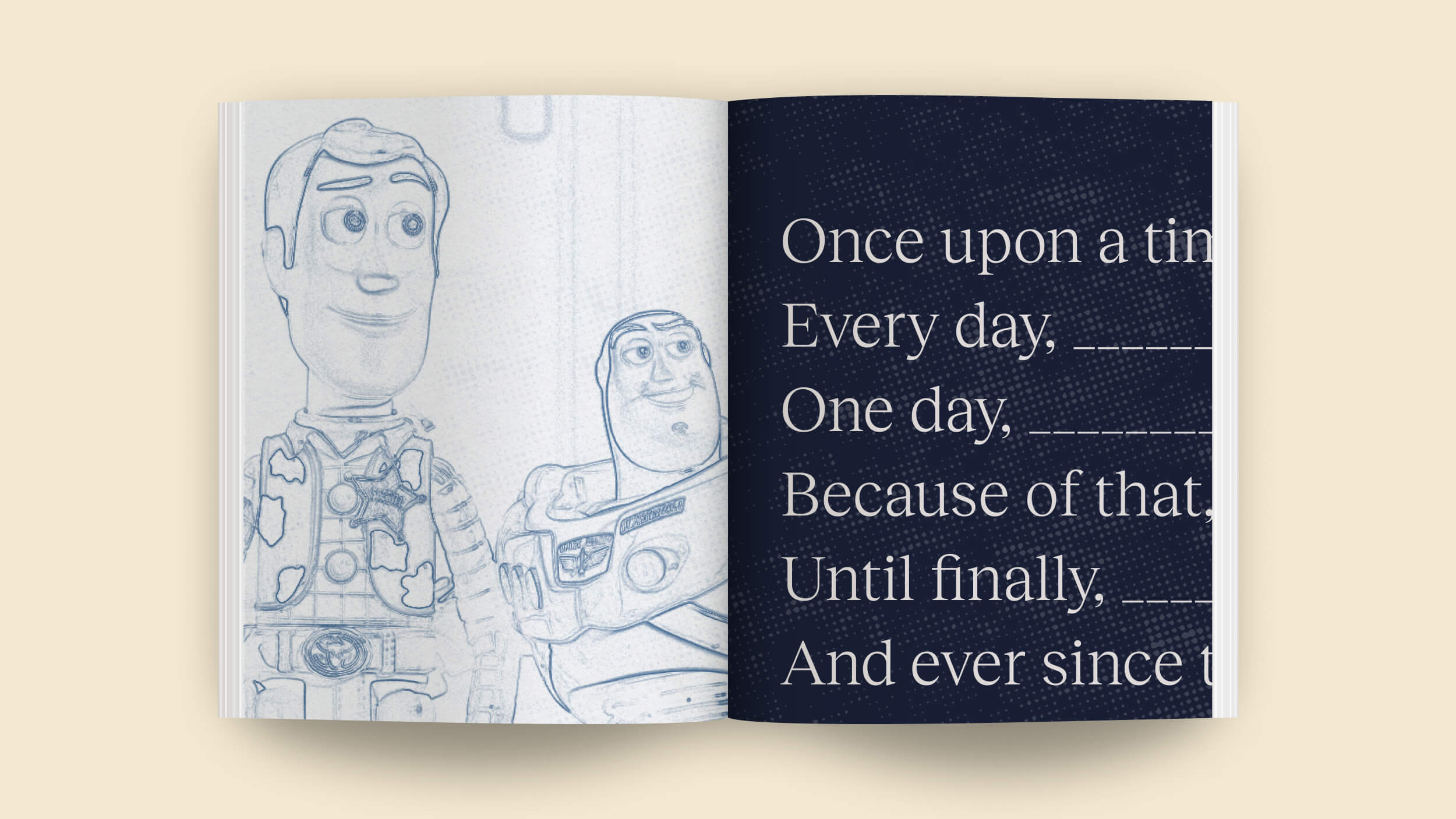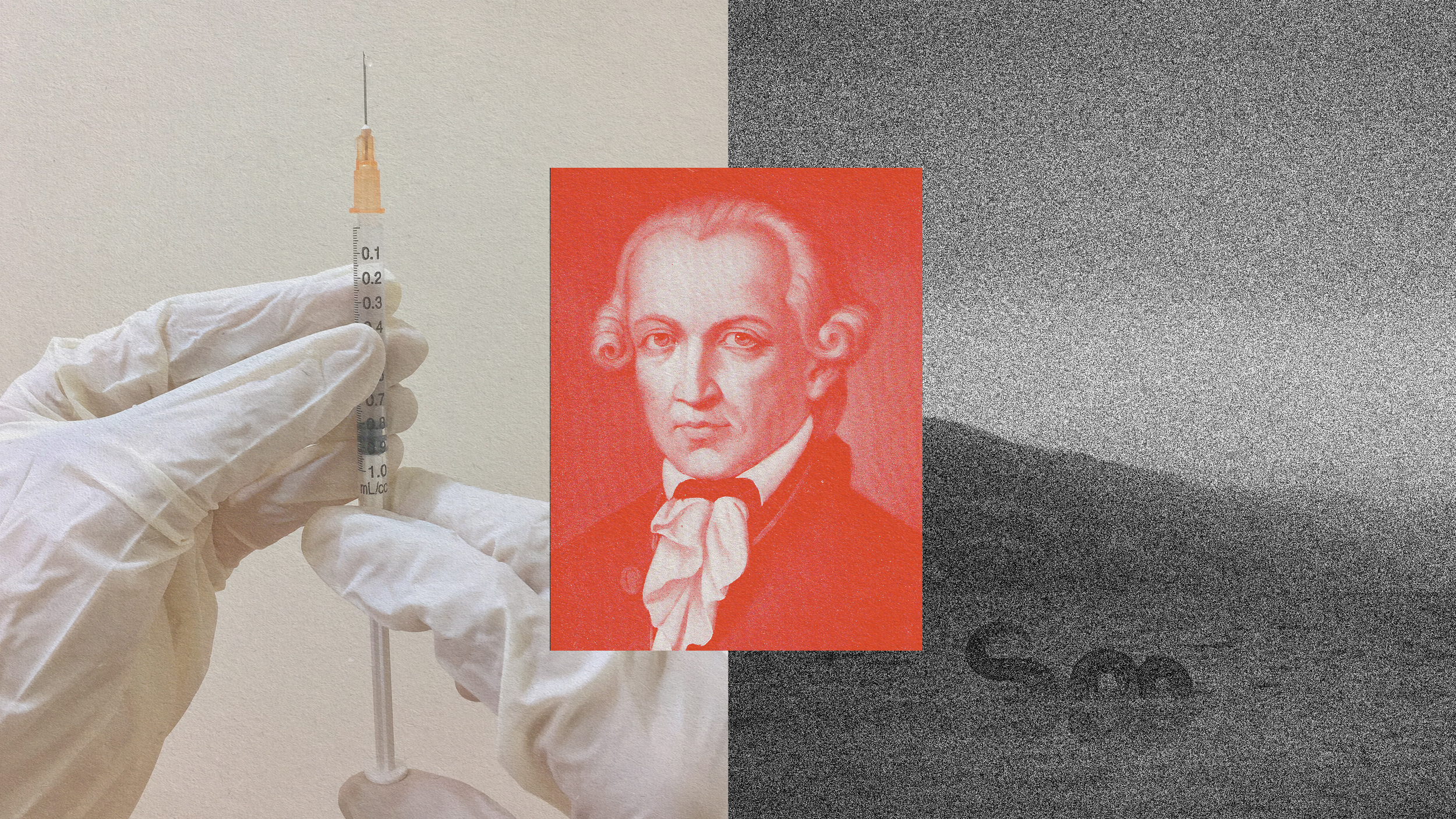It started as a bunch of stories, Gessen says.
Question: Why did you write All the Sad Young Literary Men?
rnKeith Gessen: Well, partly this is what I know, and I- it’s something, you know, when I was in my early twenties, I was writing all sorts of stories, and I wrote a few of these stories about these sort of guys, and an editor named Josh Glenn, who’s the editor of Hermenaut- and you know, and these stories, they’re not in the book. They didn’t make it into the book- they weren’t very good- and he said, “You know,”- but he read the stories and he didn’t take them for Hermenaut, he didn’t publish them, but he said, “You should keep doing this. This is- I don’t know anyone who knows these people the way you do.” And I was surprised to hear that because I thought everybody knew these people the way I did. And you know- and in a way, everybody does.
And yet, there’s actually surprisingly little writing about them. And one of the really, to me, not terribly surprising, but still disappointing criticism of the book has been, well, why do we need to hear about these guys? We all know guys just like them, right? Which strikes me as an invalid form of literary criticism, but also it strikes me as a refusal of a certain kind of person to admit that they belong to a social class. So, you know, you’re willing- so these are people who- and often this sort of criticism comes from New York- it’s a kind of provincial criticism from people who believe that their own little world is not worthy of depiction in literature, whereas, first of all, you know, it’s not just New York. There are young literary men all over the country and in other countries, and so it’s a mistake, and a provincial mistake, to think that they’re only in New York. But more than that, you know, this is actually something that Medvedev talks about, the intelligentsia, right?
Or, in the U.S., the sad young literary men and women, how they form a social class. And they have to admit that to themselves, because while they’re willing to be a social class in terms of using their privilege, their- if they have money- their class, their money privilege, their access to various media, how this is a form of privilege- and, you know, all the various networks that they have access to, from the colleges that they went to- somehow, they refuse to believe that they’re a social class that ought to be depicted in literature, except, unless it’s totally ironic. Right? And, you know, they do- and this is where hipster culture comes from- right? So, we have a hipster culture that, in a way, acknowledges that it exists as a class, and yet only ironically. Right?
Only- and you know, one of the least- one of the most unattractive things about the hipster phenomenon is its classing down, right? Its insistence on this form of kitsch where they wear trucker hats, you know, trucker hats, right? Where they pretend to be from a different social class, right? This is a very good example of this group of people refusing to acknowledge their class privilege. And, you know, so- to get back to the book- the sad literary young men are a social class- they ought to be written about- they ought to be studied. And I don’t- and, surprisingly, you would think everybody would be writing about them ‘cause we’re all in it, and surprisingly little seems to be written about it. And I think, you know- I also think- I also hope that the book is pretty honest about the way these people behave, and how badly they behave.
I think we have a fair amount of literature that is, that deals with men behaving badly. But the men are often depicted as total cads, total low-lifes, total losers. These guys are more complicated than that, you know? They are capable of being very sweet and sort of supportive and nice, and then also not so nice.
rnRecorded: 3/18/08
rn





